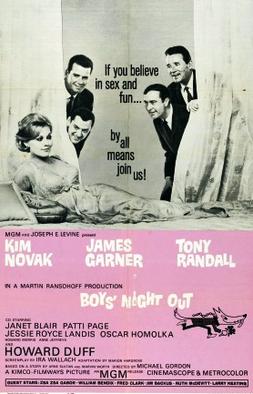There is no repentance of sin in Robert Bresson‘s Mouchette (1967), though there should be. Plus there is an old woman, a layer-out of the dead, who talks like a pagan. Yet it is the Christianity of Georges Bernanos, on whose novel this film is based (and faithful to), that consistently matters here, even as the novelist’s negative mood over a youngster’s suffering becomes the filmmaker’s negative mood.
It so happens that many years before Bresson’s death, there was a rumor that he was calling himself a “Christian atheist.” But no evidence of this ever emerged: Someone must have merely assumed there was so much misery in the Sixties and Seventies films of Bresson that only an atheistic sensibility could have produced them. This is nonsense. Although his short novel might transcend orthodoxy, Georges Bernanos was a Christian man who wrote a Christian book (Mouchette) and, as I said, Bresson’s film is faithful to it.
The girl Mouchette is an unhappy Catholic non-Christian; she is persecuted. Surely, however, she likes the thought of being among the dead who are gods: The old woman tells her that certain pagans used to believe that the dead are gods. But the film begins with a shot of Mouchette’s mother (Maria Cardinal), who is fatally ill, inside a church. People need to be redeemed but, also, can life itself be redeemed? Granted, it can’t be done by dead pagan religion, but can it be redeemed at all?
The answer in Mouchette is yes. It was the view of St. Augustine that unbaptized babies go to Hell if they die. Not so Bresson and Bernanos, for, here, a young girl, the Catholic non-Christian, goes to Heaven—after taking her life. No one in the film is said to be in danger of Hell; the world alone seems pretty Hellish. Mouchette escapes it by dying into that which redeems life. The Monteverdi music at the end is certainly not a music of despair. In some ways, it must be said, Bresson’s picture is weird but, in my view, it is not weird that it transcends orthodoxy. This takes it to a terrain different from that of Diary of a Country Priest and Au hasard Balthazar.
(In French with English subtitles)



